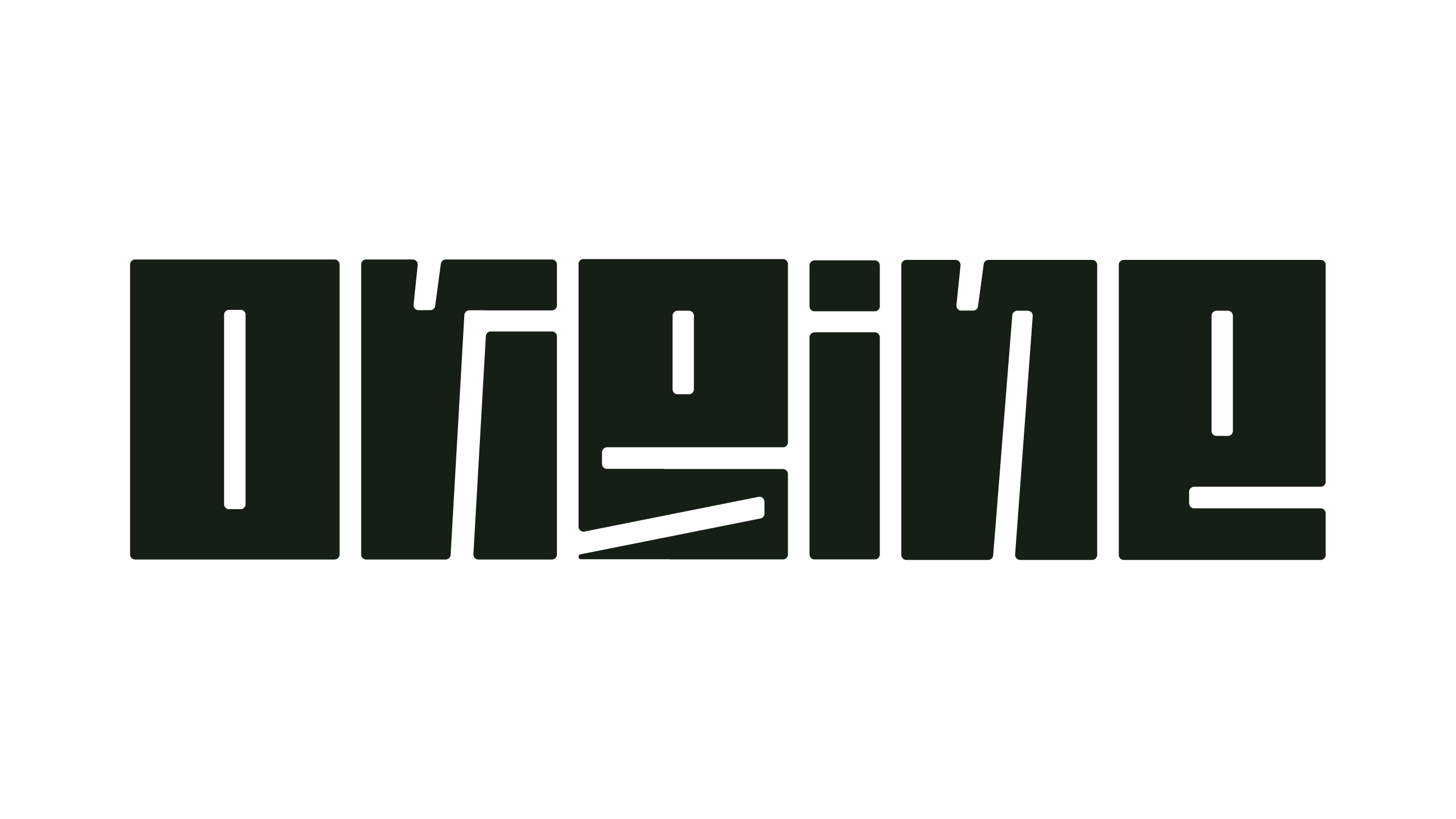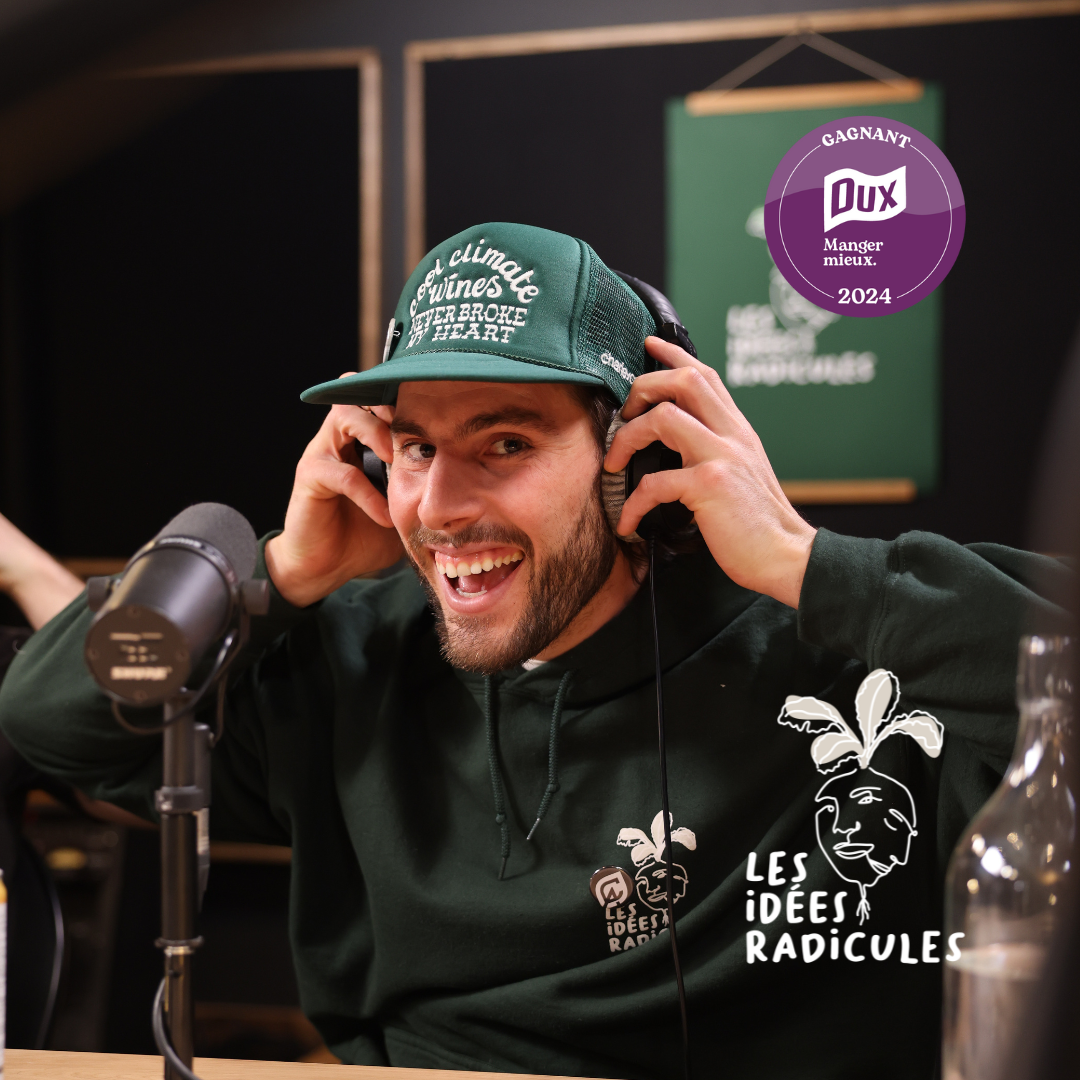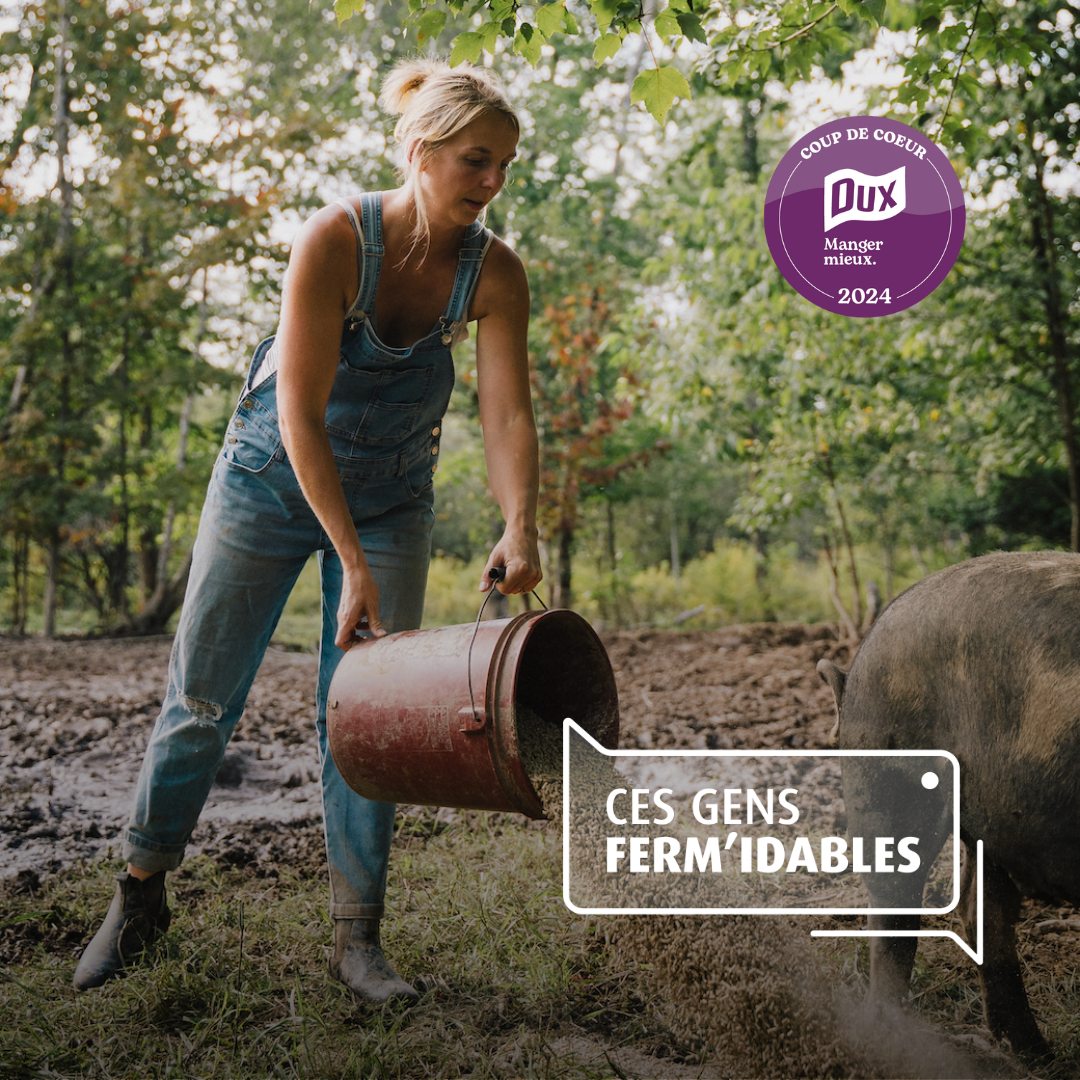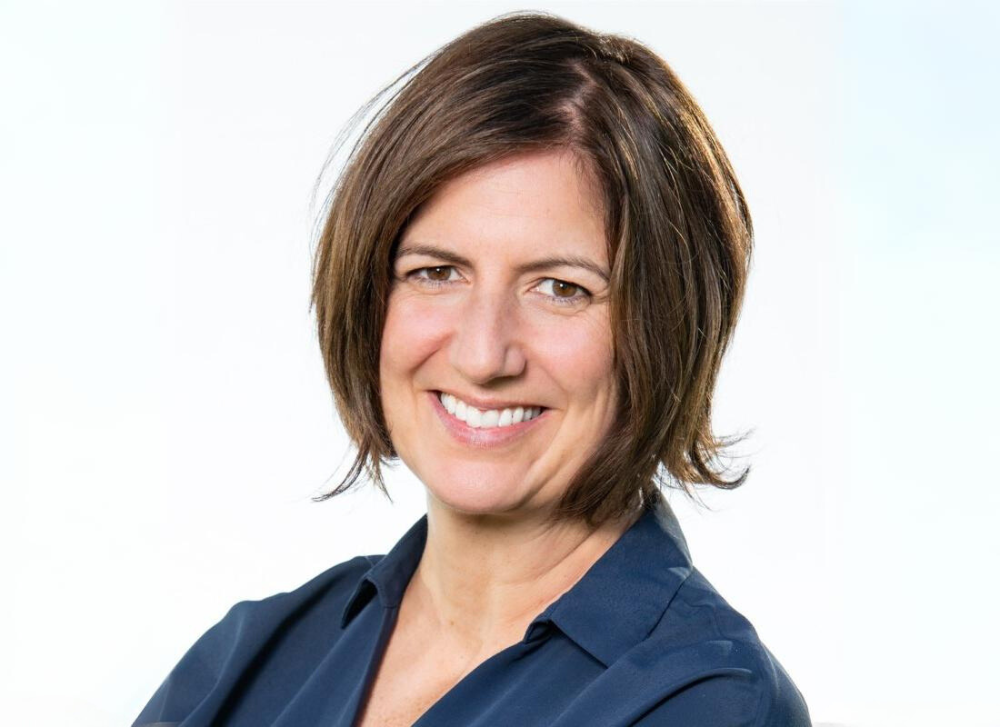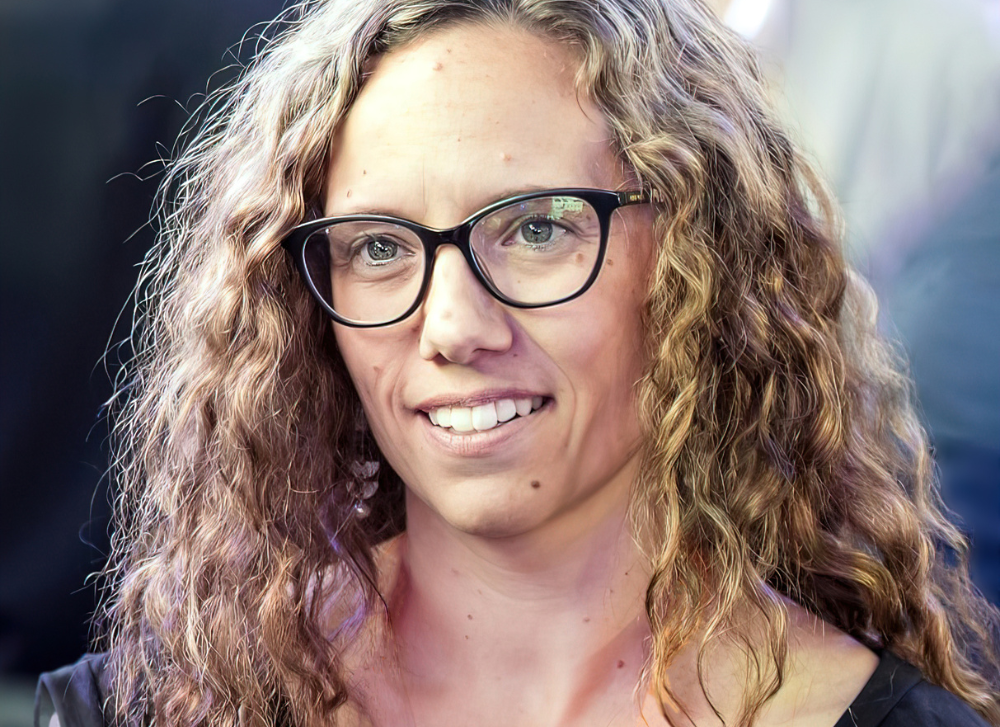From animals to the planet
Warwick, does that mean anything to you? This surely rings a bell (from Pavlov!) to fans of farmhouse cheeses from the old presbytery of Sainte-Élizabeth-de-Warwick. But what few people still know is that the good cows of the Bois-Francs region are at the origin of another type of increasingly coveted product: renewable natural gas (RNG). Talk to Josée Chicoine about it.
Josée holds the position of co-general director of Coop Agri-Énergie Warwick, the first agricultural cooperative dedicated to the production of renewable energy in Quebec. She is also the agri-food director of Coop Carbone, a solidarity cooperative whose mandate is to tackle the climate emergency by developing collaborative projects to reduce greenhouse gases.
In 2018, the company suggested to a dozen dairy producers in Centre-du-Québec to join forces to revalue the slurry from their livestock by using biomethanization. Since spring 2021, the approximately 25,000 tonnes of animal waste have joined an equivalent quantity of food processing residues and municipal sludge to be treated at the new biomethanization complex built halfway between Warwick and Victoriaville. This is still 4,200 tonnes of CO2 equivalent, which we prevented from entering the atmosphere.
In her bag, Josée had an agronomy course in zootechnics and a master's degree in red deer nutrition. Who would have said, 25 years ago, that this Montrealer who dreamed of being a veterinarian would find herself not caring for animals, but rather the planet by creating carbon-free territories? After starting her career by developing fertilization plans, the young woman branched off into the cooperative world. She spent around fifteen years at Coop fédérée (now Sollio Agriculture) as agri-environment director before making the jump, in 2016, to Coop Carbone.
Initially, the company which has its head office in Quebec initiated a process, AgroCarbone, which, initially, made it possible to carry out a diagnosis of the main sources of GHG emissions across the entire sector. Quebec dairy. With the various partners in the process, concrete avenues of action to reduce these emissions have been identified. One of these avenues was biomethanization. Warwick was chosen for the implementation of the $13 million project, due, among other things, to its concentration of dairy farms in the surrounding area and its proximity to the gas network.
Josée Chicoine specifies that the long-term goal is to replicate the model elsewhere in Quebec to create “carbon-free” territories. But before going full throttle, the company wants to ensure that all the cogs are well in place. We are surely getting closer since a second grant was awarded for another project in the same region.
For participating producers, the benefits are attractive. The co-director general of Agri-Énergie Warwick recalls that biomethanization does not only prevent pollution that is very damaging to the climate.
“ This allows them to diversify their sources of income. Énergir pays them for the RNG produced using their manure. Over a 20-year term, the return on investment is higher than what they know in agriculture. In addition, once the methane has been captured, they are given an organic fertilizer that is almost odorless and more easily assimilated by the plant than manure, which allows them to reduce their mineral fertilizer bill. »
To make matters worse, Coop Carbone is responsible for all day-to-day operations and general management. During this time, milk producers can concentrate entirely on their farms.
